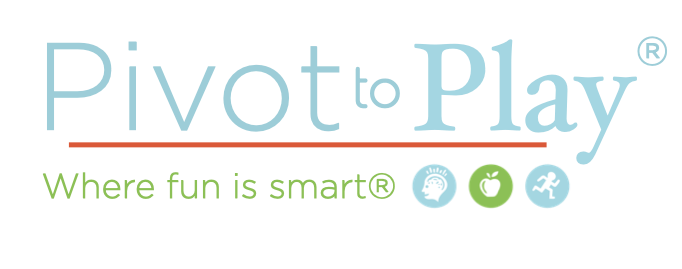Lessons
Topic 2: Parents and Schools
- According to a UVA Curry School of Education study: “Is Kindergarten the new first grade?” academics have taken center stage in kindergarten when less than a decade ago this kind of focus was reserved for first grade.
- For example, the UVA study found that in 1998 only 31% of kindergarten teachers felt their children should learn to read in Kindergarten. By 2006, that number had risen to 65%.
- To meet this demand, teachers’ focus on literacy during that time period rose 25%, from 5.5 hours per week to 7 hours per week.
- The study also found significantly less time was spent in PE, science, art, music and social studies in exchange for more time focused on reading and language arts. As a matter of fact, it was found that combined time on math, science, music, art and social studies equalled the time spent on reading and language arts.
- The key here is that the exchange of time and focus happened while there was an increase in the number of children attending all day kindergarten programs. Theoretically, full-day kindergarten should have made more time for all kinds of classroom experiences, not just literacy.
- The Curry study also found that this increased focus on literacy and academics has begun to force out other critical kindergarten developmental skills like social interactions.
- So instead of learning play-based skills like compassion, empathy, and how to be a good friend, children are sitting at a desk learning to decode words and sentences.
